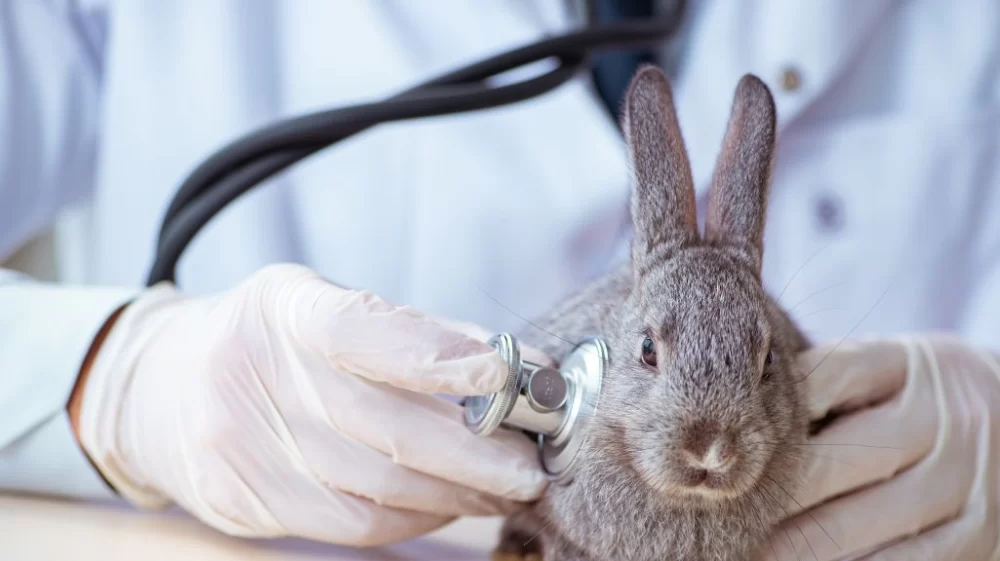- Understanding Exotic Animal Health
- Specialized Veterinary Care for Exotic Pets
- Common Health Issues in Exotic Animals
- Case Studies from Hidden Brook Veterinary
- Tips for Maintaining Exotic Pet Wellness
1. Understanding Exotic Animal Health
Veterinary care for exotic animals involves a specialized approach that goes beyond the typical treatment used for common pets like cats and dogs. Exotic animals—ranging from reptiles and amphibians to birds and small mammals—have unique physiological needs that demand expert knowledge and tailored medical attention. Understanding these differences is the first step toward ensuring long, healthy lives for these uncommon companions.
For example, the dietary requirements of a bearded dragon vastly differ from those of a parrot or a ferret. This variation directly impacts their health and the type of veterinary care they need. Unlike traditional pets, many exotic animals require a controlled environment, specific humidity levels, and tailored nutrition to prevent illness.

3530 Fruitville Rd, Sarasota, FL 34237, USA
See Details1.1 The Importance of Species-Specific Knowledge
Veterinarians specializing in exotic animal medicine must be well-versed in the biology, behavior, and ecology of each species they treat. Without this knowledge, diagnosis and treatment can be challenging and sometimes ineffective. This specialization ensures that exotic pets receive the correct medications, surgical procedures, and preventive care.
1.2 Challenges in Exotic Animal Medicine
One of the most significant challenges in veterinary care for exotic animals is the limited availability of research and medical data compared to traditional pets. This scarcity requires veterinarians to continually update their skills and sometimes use innovative treatment methods. Additionally, exotic animals often mask symptoms of illness, making early diagnosis more difficult but all the more crucial.
2. Specialized Veterinary Care for Exotic Pets
Specialized veterinary care involves dedicated clinics and practitioners who focus solely on exotic pets. Facilities like Hidden Brook Veterinary provide comprehensive services including diagnostic imaging, surgical intervention, and wellness exams designed specifically for exotic species.
Unlike general practice clinics, these specialized services ensure that exotic pets receive targeted care such as tailored anesthesia protocols or species-specific behavioral evaluations. This level of care improves recovery times and reduces stress during treatments.
2.1 Diagnostic and Treatment Innovations
Advances in diagnostic tools like high-resolution ultrasound and endoscopy have significantly improved the ability to detect and treat exotic animal diseases. For instance, internal parasites in reptiles can now be identified more accurately, allowing for effective deworming protocols. Hidden Brook Veterinary is equipped with such modern technologies, ensuring the highest standards of care.
2.2 Preventive Healthcare in Exotic Pets
Preventive healthcare is a cornerstone of veterinary care for exotic animals. This includes vaccinations where applicable, parasite control, and nutritional counseling. Preventing illness before it occurs is particularly important due to the difficulty of treating certain exotic diseases. Regular check-ups at specialized clinics help maintain your pet’s health and catch issues early.
3. Common Health Issues in Exotic Animals
Many exotic pets face unique health challenges due to their specialized care needs. Respiratory infections are common in birds, while metabolic bone disease frequently affects reptiles due to calcium deficiency or improper UVB exposure. Small mammals like sugar gliders may suffer from dental problems that require early intervention.
3.1 Respiratory and Skin Conditions
Respiratory illnesses often arise from poor ventilation or incorrect humidity levels, conditions common in captive environments if not managed properly. Similarly, skin infections or shedding problems in reptiles indicate environmental or nutritional issues that must be promptly addressed by a knowledgeable veterinarian.
3.2 Nutritional Disorders and Environmental Stress
One real-world example involved a pet iguana brought to Hidden Brook Veterinary suffering from metabolic bone disease. The veterinary team discovered an imbalance in the pet’s diet and insufficient UVB lighting in its enclosure. Through tailored treatment and environmental adjustments, the iguana's condition significantly improved, underscoring the critical role of proper care in exotic pet health.
4. Case Studies from Hidden Brook Veterinary
Hidden Brook Veterinary has extensive experience treating exotic animals and offers insightful case studies that reflect the complexity and reward of this specialty. One memorable case involved a rescued African grey parrot exhibiting signs of feather plucking and behavioral stress. By addressing underlying health issues and improving enrichment in the bird’s environment, the clinic helped restore the parrot’s wellbeing.
4.1 Success Story: Rehabilitation of a Rescue Chameleon
A chameleon presented with dehydration and lethargy was carefully evaluated at Hidden Brook Veterinary. Using a combination of fluid therapy, dietary adjustments, and UVB supplementation, the veterinary team successfully rehabilitated the animal. This case highlights how attentive and informed veterinary care can save and improve the lives of exotic pets.
4.2 The Value of Owner Education
These cases emphasize not only medical treatment but also the critical importance of educating exotic pet owners. Hidden Brook Veterinary provides resources and guidance that empower owners to maintain optimal care conditions, helping prevent many common health issues before they arise.
5. Tips for Maintaining Exotic Pet Wellness
Maintaining the health of exotic animals requires more than just reactive care; proactive wellness practices are essential. Owners should:
5.1 Provide Species-Appropriate Diets and Habitats
Research and replicate natural diets and habitats as closely as possible. This includes controlling temperature, humidity, and lighting conditions to suit the species’ needs.
5.2 Schedule Regular Veterinary Check-Ups
Routine exams at a veterinary clinic specializing in exotic animal medicine can catch early signs of illness and keep vaccinations and preventive care up to date.
5.3 Observe Behavioral and Physical Changes
Owners should monitor their pets daily for any changes in behavior, appetite, or appearance and seek professional advice promptly. Early intervention is often key to successful treatment.
For those seeking expert guidance or specific products to support exotic pet health, Hidden Brook Veterinary offers tailored services and resources designed to meet the unique challenges of exotic animal care. Whether you have a reptile, bird, or small mammal, consulting with specialized professionals ensures your companion receives the best care possible.











